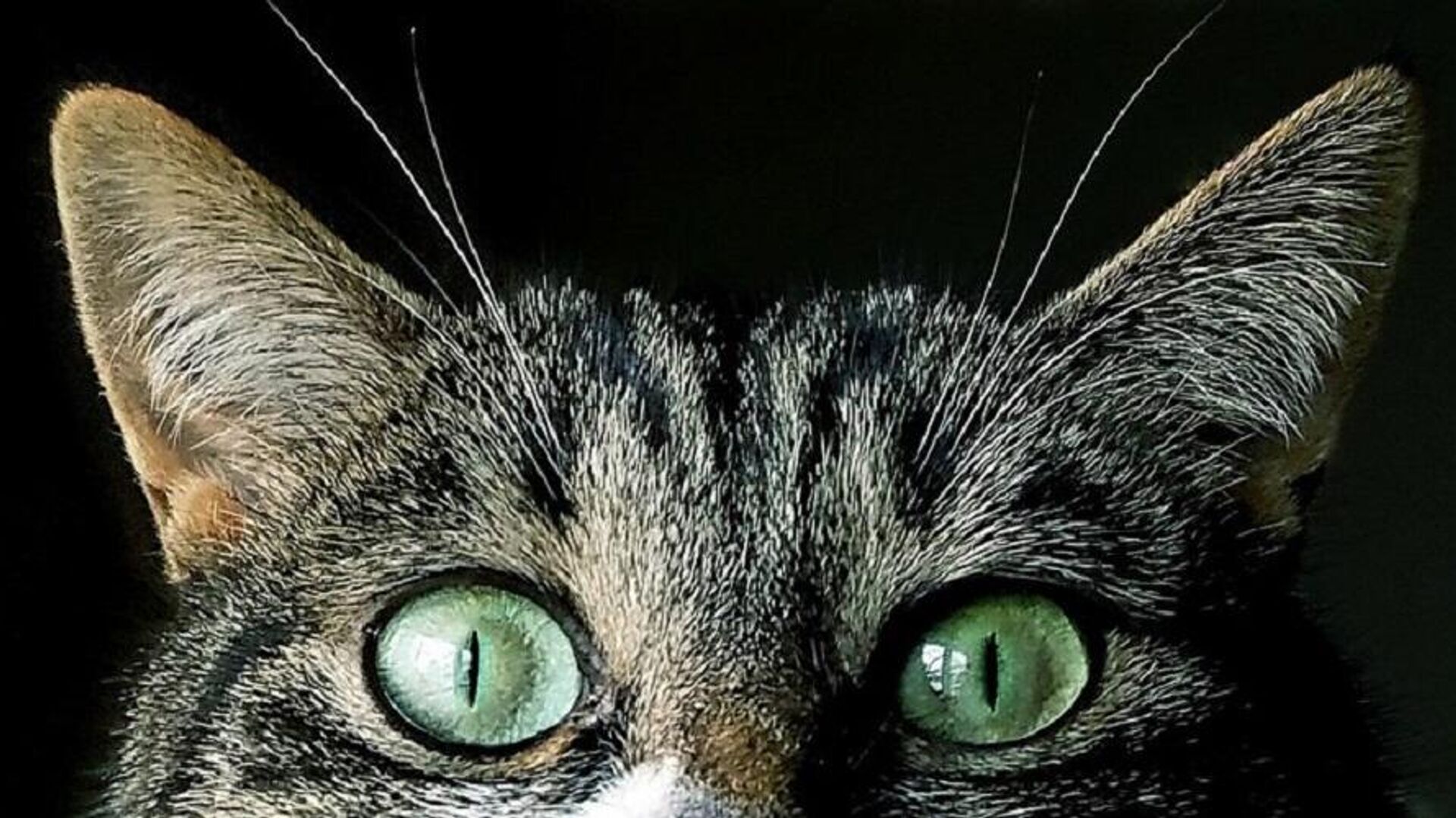Scared of Misinformation? Beware of... Cute Cats, NYT Warns
15:32 GMT 03.12.2021 (Updated: 21:05 GMT 19.10.2022)

CC0 / /
Subscribe
In the dark and divisive world of viral digital content, there's an island of light, safety, and positivity that is enjoyed by almost everyone: pictures and videos of cute animals, especially cats. However, it appears that even this island is no longer safe – at least according to a certain mainstream media outlet.
If you watch yet another video of a cute cat being cute, be warned: they are now helping to spread misinformation, according to The New York Times.
As an ultimate lure for clicks and reactions, pictures, GIFs, and videos of adorable animals are understandably one of the digital media outlets' favourite tools to lure in readers. However, The NYT points specifically at "people and organisations peddling false information online."
The outlet acknowledges that "the posts with the animals do not directly spread false information" (thank God!) and asserts that the huge traffic they draw can ensnare the unsuspecting users in "a publication or site spreading false information about election fraud, unproven coronavirus cures and other baseless conspiracy theories entirely unrelated to the videos."
The report offered screenshots of several accounts posting cute content like articles titled "Why Orange Cats May Be Different From Other Cats" or videos of charming golden retrievers. These accounts – among them The Epoch Times media outlet, NTD Television, and the page of veterinarian Dr Karen Becker, who wrote the article about orange cats for the website of Dr Joseph Mercola, described as "the most influential spreader of coronavirus misinformation."
The latter's public relations team responded to the NYT's inquiry, reminding the outlet that Dr Becker "is a veterinarian, her articles are about pets" and rejected the accusations of misleading any visitors.
All these people and organisations, per the NYT citing chief executive of Card Strategies Melissa Ryan, have used the so-called “engagement bait” in order to generate clicks on their pages and potentially gain prominence in the users' feeds.
“The strategy works because the platforms continue to reward engagement over everything else,” Ryan said, noting that it happens "'even when that engagement comes from' publications that also publish false or misleading content."
A spokesman for Facebook, whom the outlet asked to comment on "the tactic of using cute animals to spread misinformation", refused to comment on that exact issue, but noted that, in case of Epoch Media (a parent company of The Epoch Times), the platform will take enforcement actions against it, should they "[engage] in deceptive actions."
Social media users did not appear to share the NYT's concerns about the devious arcana behind the footage of cute animals.
— D'meme Reservé (@DankMemeReserve) December 2, 2021
Stop watching cute cat videos online. Only listen to the New York Times. https://t.co/WSd8fgzlsA
— CIayton (@Clayton4_) December 2, 2021
New York Times Complains That Cat Videos Are Being Used To Spread "Misinformation"
— owhy3 (@owhy3) December 2, 2021
Your cat @tatianycoeuvre ! getting fame
Can’t we just enjoy cute kitties? pic.twitter.com/T09Kpk4S4o
Cats are threatening our dictat- I mean democracy!
— emaad.xpr ⚛️ 🦬🤘 (@emaad_is) December 1, 2021
We need to talk https://t.co/4h0E5KldTy pic.twitter.com/Qwj9Sgh9N9
— Juliana Lung 龍韵怡 (@JulianaLung) December 1, 2021
What if the "cute animals tactic" works with other media outlets?
— Larry "Safe and Effective" Perlmutter (@PerlmutEsq) December 2, 2021
— W^2 (@bwmson) December 2, 2021
Aside from memes and derogatory jokes, the Twitter threads that started over the report have been immediately flooded with pictures of cats, parrots, dogs, and monkeys.
Well, it appears they are so cute that many users are still willing to take the "risk."


